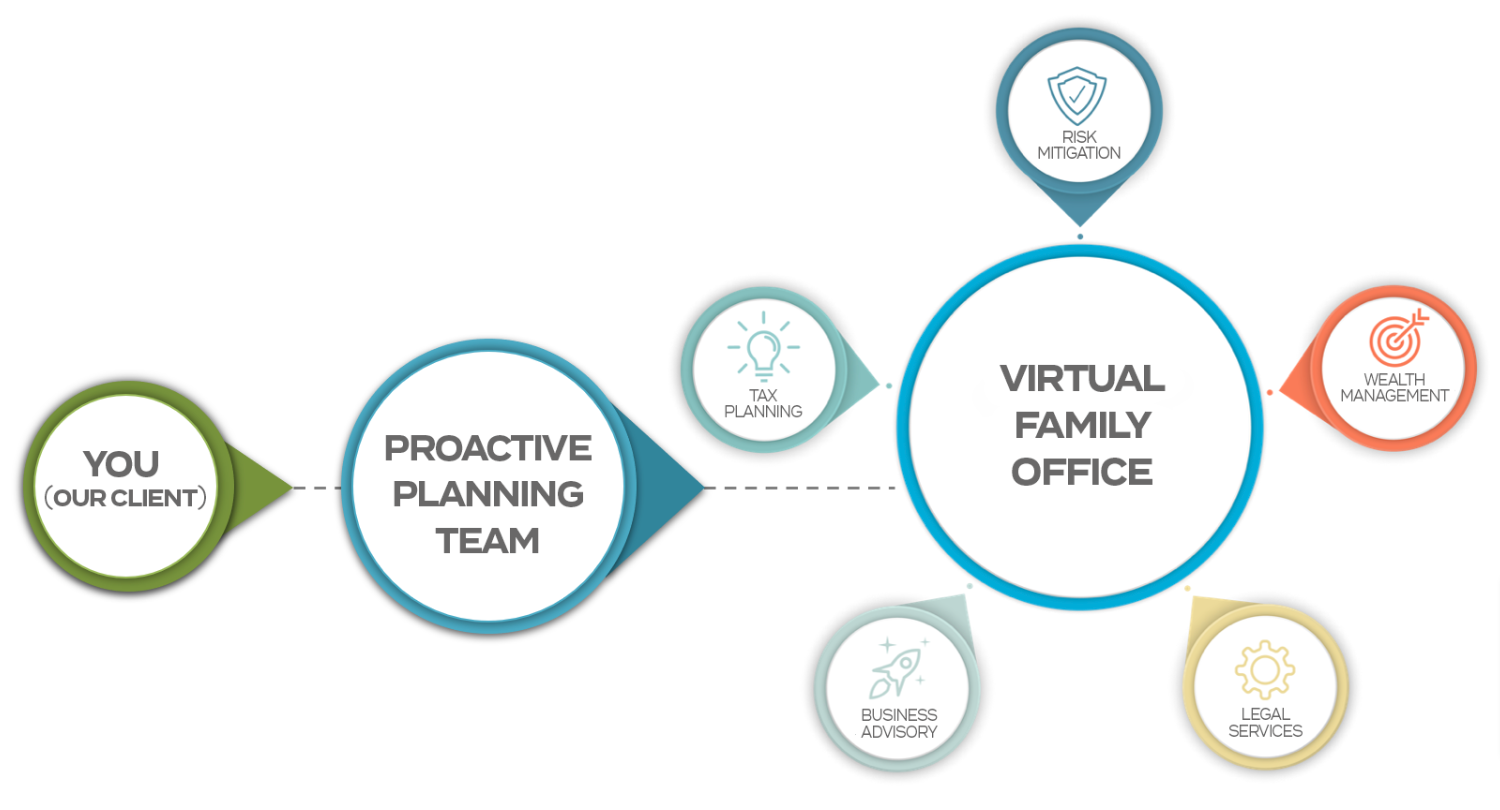Small Business Owners: Year End Reminders That Will Keep You Compliant & Save You Tax
As 2017 winds down, it is important for business owners to analyze how the year has went before it is too late. Taking a look at the situation now could present you the opportunity to save money in taxes when it comes time to prepare your tax return.
We hope you have achieved all the goals you set for 2017, and have 2018 goals ready to implement!
If you didn’t achieve or set goals for 2017…Why not? Without a game plan and goals you get what you set… NOTHING!
Things to do before year end & reminders
These are reminders to all Wisconsin small business owners to help stay compliant with IRS laws and also save money in tax.
Christmas Gifts/Bonus – Gifts and/or bonuses paid to employees in excess of $25.00 must be included in W-2 income as payroll.
- Gifts to customers and clients are also limited to the $25.00 limit(per customer/client)! Anything over that amount is not tax deductible!!
Christmas Party:
- A company party that involves employees can be 100% tax deductible, it is not subject to the 50% Meals & Entertainment rules.
- Document & notate this event (costs) as such.
W-2’s – Make sure all employee information is correct prior to filing W-2’s. This includes name, address, and social security number.
- Employers must deliver W-2s to employees by the last day of January. If statements are late or incorrect, employers will incur penalties.
1099’s
There are a variety of 1099 forms that account for other sources of income. Issuers must mail out these 2017 forms to recipients by January 31, 2018 . The most common form, Form 1099-MISC, must be provided to the non-employee and submitted to the IRS for everyone to whom you paid at least $600 or more during the tax year. It is important to note that this 1099-MISC deadline applies when reporting non-employee compensation (Box 7).
- $50 per Form 1099-MISC if late for 30 days or less.
- The penalty increases to $100 per form if late more than 30 days.
- If you know you will not file on time, businesses can acquire a 30-day extension to file 1099s by filing IRS Form 8809: Extension of Time to File Information Returns. The form must be filed by February 28 and the extension is not granted automatically.
Mileage
The rate for 2017 is 53.5 cents per mile. 2018 rate has yet to be released, but usually it is calculated based on cost to maintain a vehicle on the road ( Gas prices are a big variable).
Keep track of:
- Odometer Readings recorded
- Mileage Logs maintained
- Expense reports
Charity or Advertising?
Why does it matter? There are limitations for how much you can deduct of charity deductions. When helping out a cause, is there a way to promote your business? If so, document this and it will move the deduction to advertising.
Bad Debts
You cannot have a bad debt if you are on a cash basis unless it’s a NSF check that’s noncollectable!
- Review your Accounts Receivable for any bad debts (noncollectable). You can write off your bad debts if:
- In order to have a Bad Debt, you must have recorded it in your sales!
- You must have made every reasonable attempt possible to collect –(document your attempts).
- List or submit your Bad Debts.
- Why do you have a bad debt? It may be a tax deduction but it is lost profits!
- Verify before doing business
- Change terms/conditions of sale
- In order to have a Bad Debt, you must have recorded it in your sales!
Equipment Needs
Is there a piece of equipment your business needs (not wants)?
- If put into service before 12/31/17 it could be fully written off, thus saving tax dollars now!
- Make sure the equipment is needed & necessary! Spending money just to save tax dollars is a losing financial transaction. It must make you money (Investment).
Old Records/Files
- We have posted on our website the guidelines for how long you are required to keep your various business records. Please check out our website!
- Remember to properly dispose of these records
- We do offer the use of our shred service (limited) for a MDA donation- (Ask our office)
Corporations
- Is your corporation up to date? Shareholder meetings, minutes?
- Should you file an election to avoid having to do this?
Inventory:
Do you have your year-end inventory planned? The IRS requires that you must take a physical count of all inventories on hand as of December 31. This list would include a description of each inventory item, quantity on hand, unit price, and total cost. Work-in-progress inventory is valued at the cost of materials, labor, and other direct costs included in the unfinished inventory items as of December 31.
- If you feel that this is not important or do not have enough time, ask yourself, if this was your cash on the shelves, would you want to know all your money is there?
- An accurate inventory can reveal a lot of what is wrong with your business!
- Gross profit %
- Theft?
- Too much?
Wishing you and your family the best this holiday season!
Hammernik & Associates
The post Small Business Owners: Year End Reminders That Will Keep You Compliant & Save You Tax appeared first on Talking Tax to Milwaukee.
See More Blog Posts









